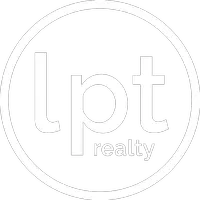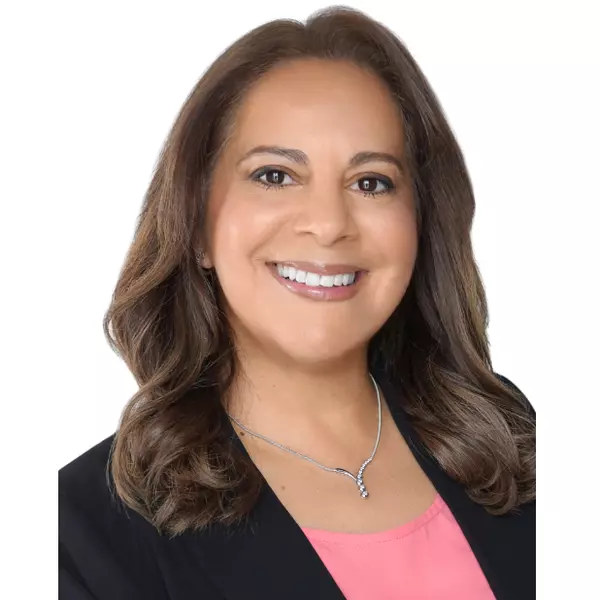LISTINGS
- Exclusive Listing1/52 52Open Sun 1PM-3PM
$ 819,900
3 Beds3 Baths2,055 SqFt - Exclusive Listing1/29 29Open Sat 12:30PM-3PM
$ 779,000
4 Beds3 Baths2,026 SqFt - Exclusive Listing1/18 18Open 1/31 12PM-3PM
$ 638,990
4 Beds3 Baths5,000 Sqft Lot
Look at some Great Information in My Blog
Come Be Part of The South Florida Life
Your Trusted South Florida Realtor
"Top South Florida Realtor helping buyers, sellers, and investors find their ideal properties."
Homes for Sale in Pembroke Pines
"Explore available homes for sale in Pembroke Pines with a local expert."
Sell Your Home for Cash
"Looking to sell your home for cash? Get top dollar with a quick, efficient sale."
Sell Your Home Fast
"Sell your home fast with proven strategies tailored to your needs."
Hollywood Homes for Sale
"Browse exclusive Hollywood homes for sale with personalized real estate guidance."
Cooper City Properties with Johanna Izaguirre, Realtor | LPT Realty
"Find beautiful properties in Cooper City with Johanna Izaguirre, your local real estate expert."
Johanna Izaguirre












